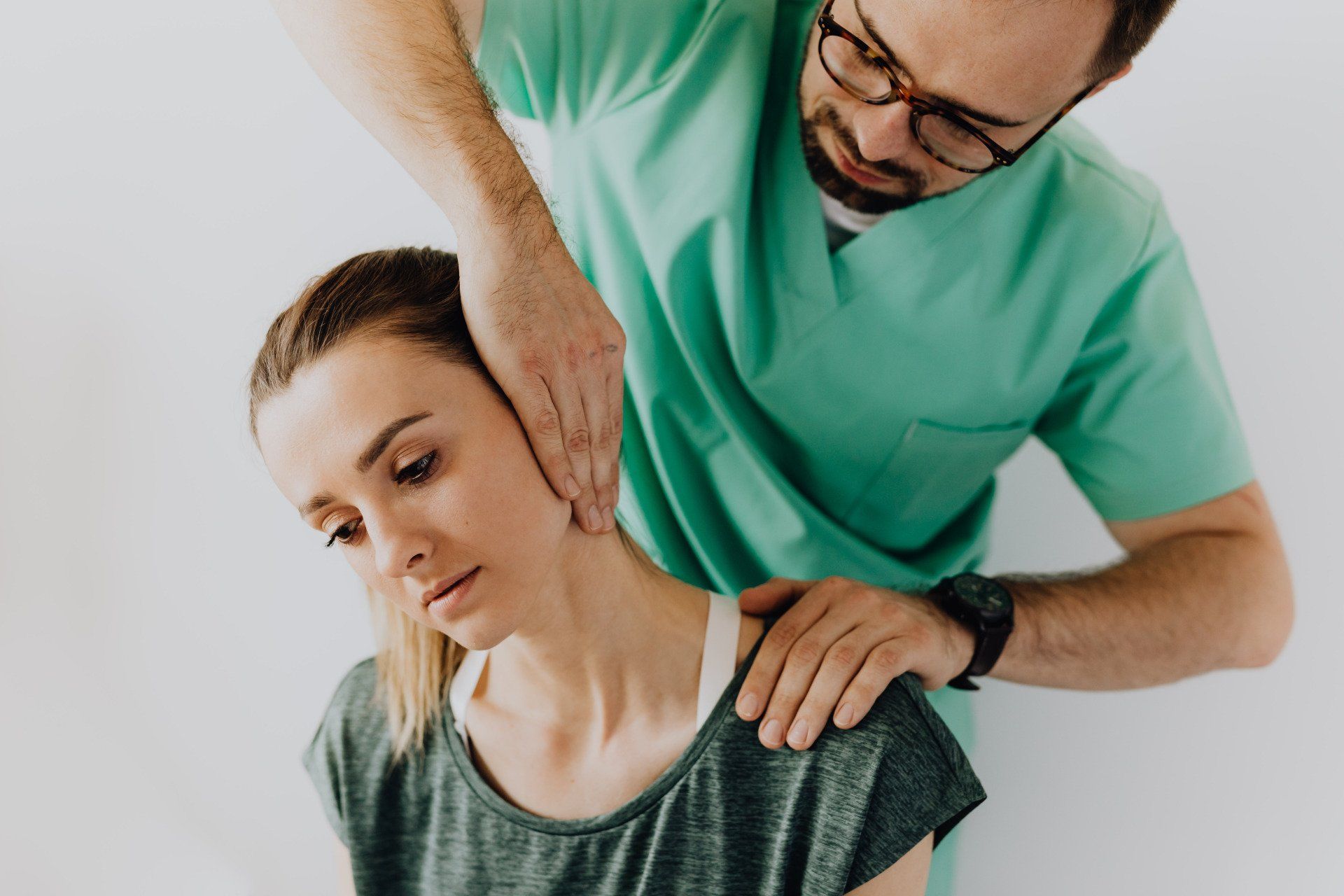Cannabis: A Natural Ally in Stress Reduction and Injury Recovery
Harnessing Nature's Remedy: Cannabis as a Holistic Approach to Stress Relief and Injury Healing
In a world where stress and injuries are common challenges, individuals are seeking natural and effective solutions to manage both physical and mental well-being. Cannabis, with its array of therapeutic compounds, is gaining recognition for its potential to alleviate stress and aid in injury recovery. In this blog post, we'll explore the ways in which cannabis can be a natural ally in reducing stress and supporting the healing process after an injury.
To set the stage, we'll delve into the relationship between cannabis and stress. Cannabis compounds, notably CBD, act as natural stress relievers by interacting with the Endocannabinoid System, modulating neurotransmitter activity, and promoting a sense of calm and relaxation. Unlike THC, CBD does not induce psychoactive effects, making it an appealing option for individuals seeking stress relief without the associated impairment, highlighting the potential of non-intoxicating cannabinoids in promoting mental well-being.
Chronic stress can contribute to various physical and mental health issues. Cannabis shows promise in managing stress-induced ailments such as anxiety, insomnia, and muscle tension, with cannabinoids like CBD influencing the Endocannabinoid System to modulate these symptoms. By exploring the potential of cannabis as a holistic approach to stress-related conditions, individuals may gain valuable insights into alternative therapeutic options, offering a multifaceted approach to address both the physical and psychological aspects of stress-induced ailments.
Moving into the realm of physical well-being, we'll explore how cannabinoids in cannabis, particularly CBD, can play a role in injury recovery. Cannabis exhibits anti-inflammatory and analgesic properties that may contribute to alleviating pain, reducing swelling, and fostering faster healing. Cannabinoids such as THC and CBD interact with the Endocannabinoid System, modulating immune responses and inhibiting inflammatory processes, which can be particularly beneficial in managing conditions characterized by pain and inflammation, offering a potential natural approach to support the body's healing mechanisms.
Understanding the balance between THC and CBD is crucial for tailoring cannabis use to specific needs. A balanced ratio of cannabinoids, such as THC and CBD, can maximize therapeutic benefits for stress reduction and injury recovery by harnessing the synergistic effects of these compounds. This balanced approach, tailored to individual needs, may offer personalized solutions for mitigating stress and promoting healing. CBD's anti-anxiety and anti-inflammatory properties, combined with THC's potential analgesic effects, create a holistic and personalized approach that addresses both the mental and physical aspects of stress reduction and injury recovery, optimizing the therapeutic potential of cannabis for individual well-being.
Quality sleep is essential for both stress management and injury recovery. Cannabis can positively influence sleep patterns through its interaction with the Endocannabinoid System, particularly with strains and products rich in relaxing cannabinoids like CBD and certain terpenes. Indica-dominant strains, high in myrcene and linalool, are often favored for their potential to induce relaxation and alleviate insomnia, promoting restful and rejuvenating sleep. Exploring products with balanced THC and CBD ratios, or those specifically formulated for sleep, may offer individuals seeking improved sleep quality a personalized and effective approach within the realm of cannabis-based sleep aids.
Not all cannabis products are created equal, and selecting the right ones is key to achieving desired results. Choosing high-quality cannabis products for stress reduction and injury recovery involves careful consideration of several factors. Look for products from reputable brands with transparent information on sourcing, cultivation methods, and third-party testing for potency and purity. Understanding labels is crucial; pay attention to cannabinoid content, recommended dosages, and potential side effects. Additionally, consider various consumption methods such as tinctures, edibles, or topicals, as each may offer unique benefits for stress reduction and targeted relief during injury recovery. Consulting with healthcare professionals or knowledgeable dispensary staff can further guide individuals in making informed decisions tailored to their specific needs and preferences.
While cannabis shows promise in stress reduction and injury recovery, responsible use is crucial. Emphasizing the importance of consulting with healthcare professionals is crucial when incorporating cannabis into stress reduction or injury recovery plans. Understanding individual tolerance levels, considering potential interactions with existing medications, and practicing moderation are key to ensuring a safe and positive experience. Healthcare professionals can provide personalized guidance, helping individuals navigate the complexities of cannabis use to optimize therapeutic benefits while minimizing risks, fostering a responsible and informed approach to its incorporation into health and wellness routines.
Cannabis emerges as a multifaceted ally in the realms of stress reduction and injury recovery. By exploring the holistic benefits of cannabinoids, individuals can tap into the natural potential of cannabis to enhance well-being, both mentally and physically. As the field of cannabis research continues to evolve, informed and responsible use can pave the way for a balanced and harmonious approach to managing stress and supporting the healing process.
SHARE:
Disclaimer: The information provided in this article is for educational purposes only. The content is not intended to be a substitute for professional medical advice, diagnosis, or treatment. Always seek the advice of your physician or other qualified healthcare provider with any questions you may have regarding a medical condition. The use of cannabis, including smoking, may have potential health risks and may not be suitable for everyone. It is essential to understand and abide by the laws in your country or state regarding cannabis use. The author and publisher of this article are not responsible for any adverse effects or consequences that may result from the use of the information presented in this article. This blog is sponsored by
Fresh Mint.












